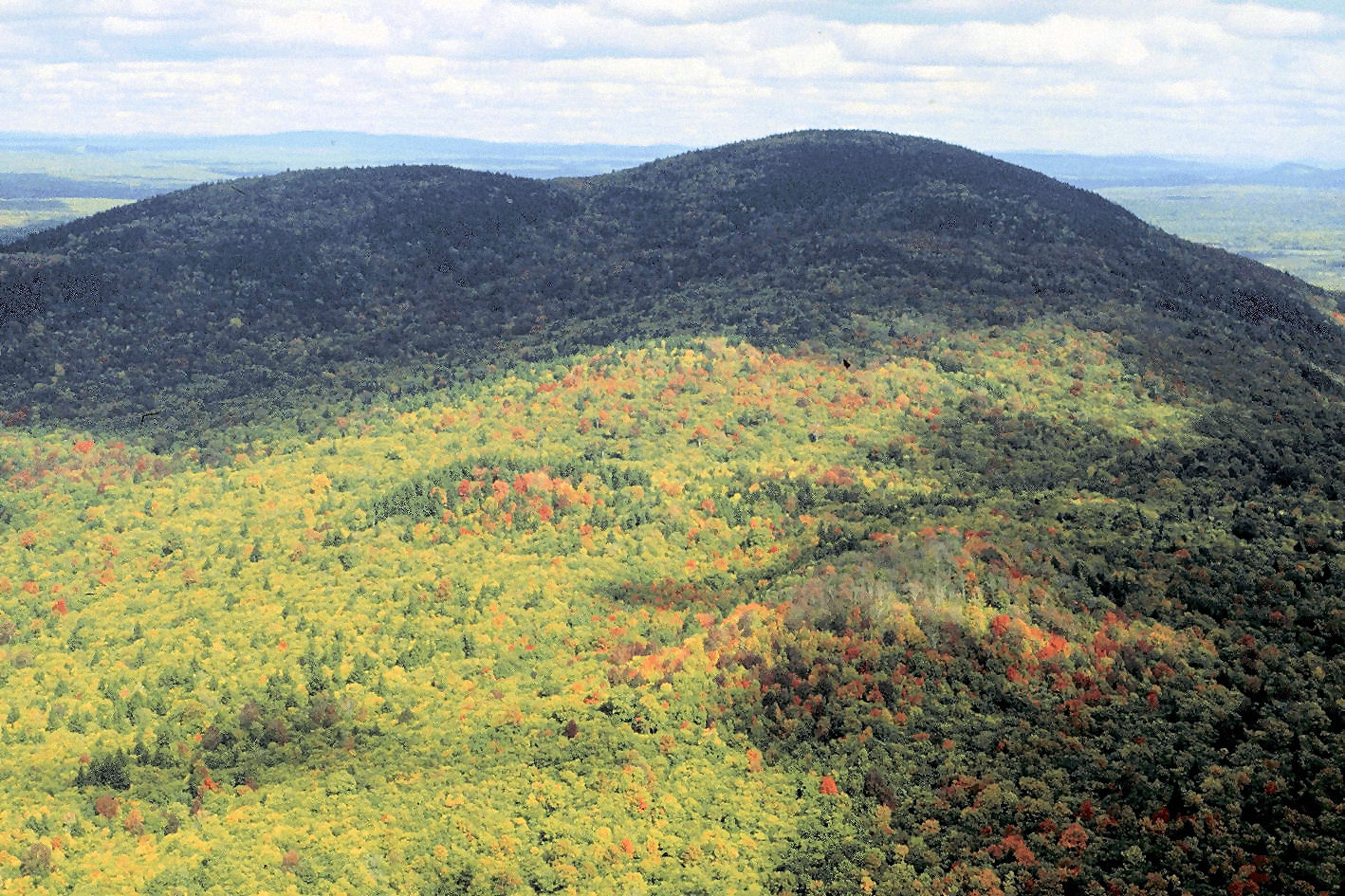
Forest soils of Maine in an environment of change
The underlying biogeochemical processes that support forest ecosystem function and, therefore, the ecosystem services they provide, are not adequately understood. This leads to uncertainties in the sustainability of ecosystem services (e.g., the sustainability of forests with increased use for biomass energy, the continued supply of high-quality freshwater from lakes and streams in a changing climate) that can undermine societal goals for environmental quality, a healthy economy, and sustainable management in an era of increased demands on forested ecosystems and a changing environment. The research at the Bear Brook Watershed in Maine provides some of the highest quality data on nutrient cycling, acidification and recovery, and responses to climate change in small forested watersheds anywhere in the world. The data from this research informs forest managers, environmental policy makers, and other natural resource professionals on high frequency (e.g., effects of storms) and low frequency (e.g., effects of climate change) stressors on our forests. By understanding the biogeochemical process that supports the growth and function of forest ecosystems, we can improve our ability to achieve sustainability while increasing utilization. We also can develop early indicators of forest change before the change becomes more evident, often in detrimental ways. This also informs state and national environmental policy (e.g., the Clean Air Act), as it has done in the past.
Investigator: Fernandez, I.
Unit: School of Forest Resources
Termination Date: 30-Sep-19
